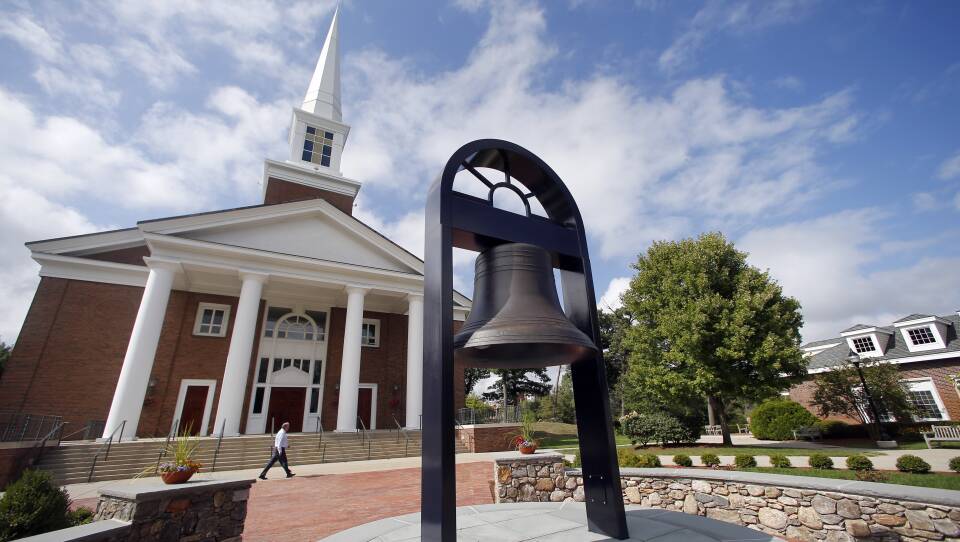A private Christian college on the North Shore asked the Supreme Court Monday to protect its freedom to decide who can teach at the school.
In 2016, Gordon College in Wenham declined to promote a professor of social work after eight years at the institution despite the unanimous recommendation from the faculty Senate. Professor Margaret DeWeese-Boyd sued the school, alleging discrimination and that such a denial was due to her vocal opposition to the school's policies aimed at LGBTQ students and staff.
More Education
Each year, Gordon requires professors to commit to what they call "biblical standards of living," and members of the Gordon community are not allowed to engage in "homosexual practice" on or off campus.
The Massachusetts Supreme Judicial Court ruled in DeWeese-Boyd's favor in April.
The college's petition filed with the Supreme Court argues "if Gordon can't select, retain, and promote its faculty free of government interference... it cannot faithfully carry out its religious mission.”
Its petition hinges on the so-called “ministerial exception,” in which religious institutions are allowed to discriminate on the basis of several otherwise protected classes such as race and sex, as Associate Justice of the Massachusetts Supreme Judicial Court Scott L. Kafker wrote in the April memo.
“If the ministerial exception applies, even if such allegations are true, the religious institution will be free to discriminate on those bases,” Kafker wrote. “The same would be true for racial discrimination or discrimination on the basis of national origin.”
But the SJC found that DeWeese-Boyd was not a minister in its ruling.
All seven members of Gordon College's faculty Senate resigned in an apparent show of support for DeWeese-Boyd in 2017.
The school has a track record for seeking out religious exemptions in making employment and disciplinary decisions. Former Gordon President D. Michael Lindsay signed a letter to President Barack Obama in 2014 asking that a religious exemption be put in place in an executive order that banned discrimination based on sexual orientation in the federal workforce.
The ACLU of Massachusetts in 2016 filed a lawsuit on behalf of another former professor, who alleged that the college had retaliated against her because she made public statements in disagreement with Lindsay's decision to sign the letter. The college denied that any actions taken against her were related to her views on LGBTQ stances, saying that she called for a boycott of the school and that that was the source of disciplinary measures.








